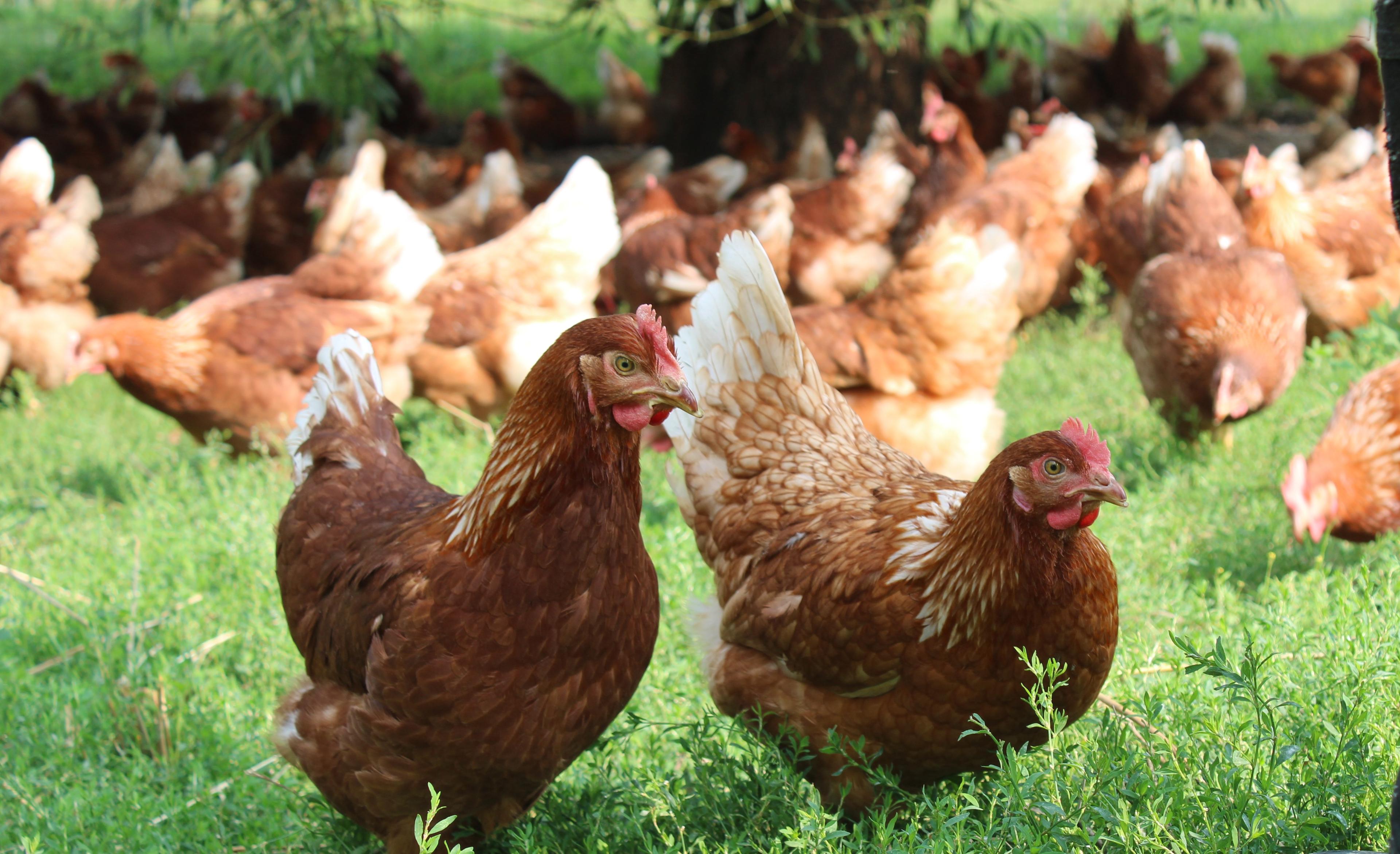- Organic Valley
- Organic Prairie
- Protect Your Food
- Organic Valley
- Organic Prairie
- Protect Your Food


LARGE EGGS



Pasture Raised Large Eggs, One Dozen
Our pasture raised eggs come from hens who have room to roam on wide open spaces. Because we believe when chickens roam, scratch, peck, and roost like they want to, they produce the best quality eggs.
Always Organic
Absolutely NO antibiotics, synthetic hormones, toxic pesticides or GMO anything.
Storage and Handling
Keep refrigerated. Keep refrigerated at 45°f or below, safe handling instructions: to prevent illness from bacteria: keep eggs refrigerated, cook eggs until yolks are firm and cook foods containing eggs thoroughly.
Ingredients
Organic Eggs

Nutrition Facts
Featured Recipes


Frequently Asked Questions
All Organic Valley® Eggs come to you from our cooperative of family farmers working in harmony with nature.
- All of our family farms are certified organic by the USDA.
- Certified organic farms are required to follow the strict production standards of the USDA's National Organic Program (www.ams.usda.gov/nop) and are inspected and audited for compliance by an independent third-party at least once every year.
- Organic farmers do not use antibiotics, synthetic hormones, toxic pesticides, or GMOs.
- To become certified organic, pasture and the land on which it is grown cannot be treated with synthetic fertilizers, pesticides, herbicides, or GMOs for a minimum of three years.
- Organic feed must not contain GMOs or products from GMO sources.
The biggest misconception out there is that all eggshells are naturally brown. In reality, the color of the chicken's egg entirely depends on the breed of chicken. Technically all eggs start white, but different breeds are genetically coded to release different-colored pigments as the egg passes through the hens' oviduct. Just like when you dye Easter eggs, the pigment doesn't penetrate the shell. Inside, eggs are more or less the same. Organic Valley farmers choose breeds with consistent layers, lay high-quality eggs and have calm, non-aggressive personalities, such as Bovan Browns, Hyline Browns, Lohma Browns, and others. All these breeds produce brown eggs.
As a farmer-owned cooperative, we pride ourselves in providing top-quality, nutritious foods to consumers. We cannot recommend consuming any product past the sell-by date. Egg carton dates are regulated at the state level, and the mandated maximum code date will vary from state to state.
For more information, please visit the Food Safety and Inspection Service webpage.












